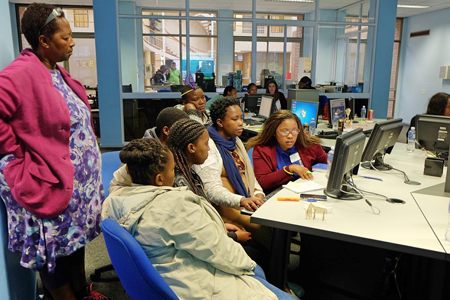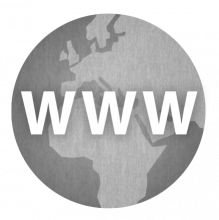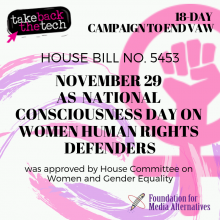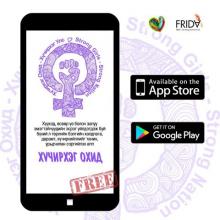Access
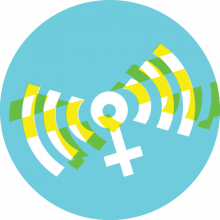
A feminist internet starts with enabling more women and queer persons to enjoy universal, acceptable, affordable, unconditional, open, meaningful and equal access to the internet.
Background
Establishing access to the internet as a human right was first proposed at the United Nations by Special Rapporteur on the Promotion and Protection of the Right to Freedom of Opinion and Expression in 2011. However, debates around the standards of internet access continue among the technical community, private sector, governments, and civil society, with varying and often competing interests in connecting the remaining 4 billion (60% of the global population) to the internet. Amidst these debates, women in developing countries are often instrumentalized as a vulnerable target group (as often happens in global development debates) rather than a stakeholder group with a crucial say the kind of internet access that guarantees rights rather than restricts them. We see this in campaigns supporting private sector conditional internet access projects such as Facebook’s internet.org, which was newly named “Free Basics.” Our feminist principle on access emphasizes the kind of internet we want: affordable, equal, and universal, and is especially significant when we look at the current digital gender gap affecting internet users today where 200 million less women than men are connected.


